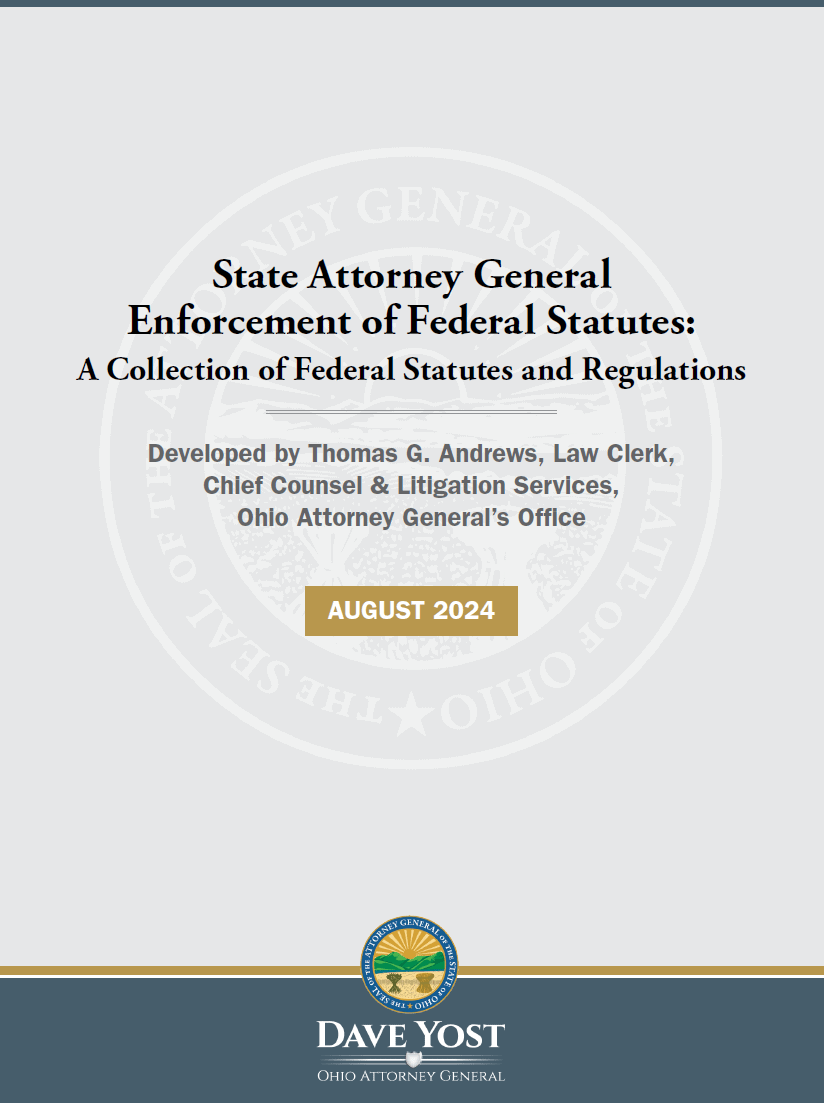The Supreme Judicial Court of Massachusetts has ruled that the state’s “anti-SLAPP”1 statute does not apply to actions by the attorney general. Commonwealth v. Exxon-Mobil, No. 13211 (Mass. May 24, 2022).
Anti-SLAPP statutes “provide defendants a way to quickly dismiss meritless lawsuits —filed against them for exercising their First Amendment rights. These laws aim to discourage the filing of SLAPP suits and prevent them from imposing significant litigation costs and chilling protected speech.” 2 “Anti-SLAPP” laws are generally designed to lower or eliminate the costs and other burdens of defending against SLAPP cases, including, for example, by providing mechanisms to obtain dismissal of meritless lawsuits at the earliest stages of litigation, automatically staying discovery, permitting defendants to immediately appeal a trial court’s denial of an anti-SLAPP motion, and permitting defendants who win their anti-SLAPP motions to recover attorney fees and costs.”3
Massachusetts’ anti-SLAPP statute provides, “”In any case in which a party asserts that the civil claims, counterclaims, or cross claims against said party are based on said party’s exercise of its right of petition under the constitution of the United States or of the commonwealth, said party may bring a special motion to dismiss.” The statute defines “petitioning” to include “any written or oral statement” that (i) is made before or submitted to a legislative, executive, or judicial body, or any other governmental proceeding; (ii) is made in connection with an issue under consideration or review by any governmental proceeding; (iii) is reasonably likely to encourage consideration or review of an issue by a governmental proceeding; (iv) is reasonably likely to enlist public participation in an effort to effect such consideration; or (v) falls within constitutional protection of the right to petition government.” Massachusetts caselaw requires that the party’s claims be solely based on the anti-SLAPP movant’s petitioning activities. The statute specifically provides for the attorney general to intervene on behalf of the moving party.
As part of the ongoing litigation between the Massachusetts attorney general and Exxon-Mobil (described in detail in an earlier article in the Attorney General Journal, Exxon-Mobil filed a motion to dismiss, alleging that the attorney general’s suit was motivated by Exxon-Mobil’s “petitioning” activity, in violation of the Massachusetts anti-SLAPP statute, Mass. Gen. Laws ch. 231, §59H. The trial court did not address whether the statute applied to actions by the attorney general but held that the investor communications and marketing efforts challenged by the attorney general did not constitute petitioning, so the claims were not “solely based on” Exxon Mobil’s petitioning activity as required by the anti-SLAPP statute. Exxon Mobil appealed.
The Supreme Judicial Court based its decision on three grounds: 1) the language of the statute; 2) the rules of construction for enforcement of statutes against the state; and 3) the legislative history and purpose. Analyzing the legislative language, the court noted that the attorney general’s role is mentioned only in connection with the capacity to intervene, suggesting that the Legislature envisioned the Attorney General’s role in § 59H motions as limited to such intervention. An amicus brief filed by former attorneys general identified conceptual problems with including the state as a “party” against whom an anti-SLAPP suit can be filed: ”Does the Commonwealth have a protected right to petition itself? Could someone else bring a claim that was based on the Commonwealth’s petitioning of itself? That seems unlikely given that the right to petition is vested in the ‘people.’ “
The court next described the rule of construction that “general words in a statute such as “persons” will not ordinarily be construed to include the State or political subdivisions thereof” when they limit the capacity of the government to perform its necessary functions or protect public finances.” With respect to the attorney general specifically, the court stated,
Limiting enforcement actions by the Attorney General is particularly problematic. The Attorney General is the “chief law officer” of the Commonwealth, empowered by the Legislature to “set a unified and consistent legal policy for the Commonwealth” (citation omitted). . . . Importantly, she is entrusted with the enforcement of the Commonwealth’s laws, in large part through bringing civil enforcement proceedings, including the enforcement of G. L. c. 93A. . . . In such enforcement actions, the Attorney General may prosecute and remedy past violations and engage in proactive litigation to prevent ongoing harm.
The court noted that applying the anti-SLAPP statute to the attorney general would obstruct enforcement of state laws, since the process stays or limits discovery and requires a pause for the resolution of the special motion and possibly an appeal. Although the legislature could limit the authority of the attorney general, it must clearly express that intention (as well as respecting the separation of powers). The court cited other state statutes that, unlike this one, explicitly applied limits on the attorney general and/or the state.
Finally, the court found that the legislative history of the anti-SLAPP statute indicated it was motivated by “vexatious private lawsuits, especially ones filed by developers to prevent local opposition to zoning approval.” The court also observed that “unlike private litigants, government actors’ decisions to prosecute claims are subject to the First Amendment and other constitutional protections.”
The court affirmed the trial court’s dismissal of Exon Mobil’s special motion and held that the Massachusetts anti-SLAPP statute “does not apply to government enforcement actions brought by the Attorney General.”
- “SLAPP” is an acronym for “strategic litigation against public participation.” [↩]
- Austin Vining and Sarah Matthews, Overview of Anti-SLAPP Laws, Reporters Committee for Freedom of the Press, [↩]
- Id. [↩]




